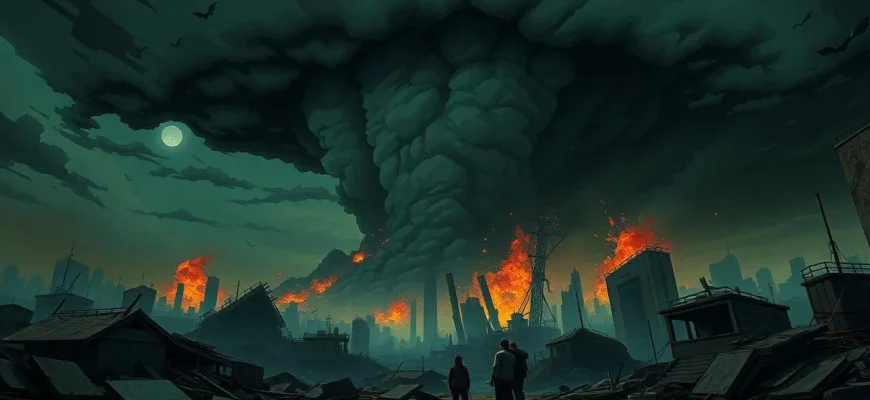The end of the world has always been a captivating theme in cinema, especially when combined with horror elements. This curated list of ten films delves into various scenarios of apocalyptic doom, each offering a unique blend of terror, suspense, and existential dread. Whether it's a viral outbreak, a supernatural event, or a cataclysmic disaster, these films explore the darkest corners of human fear and survival instinct. This collection is perfect for horror enthusiasts looking to experience the ultimate thrill of the world's end.

The Omega Man (1971)
Description: A remake of "The Last Man on Earth," this film features Charlton Heston as the last man on Earth fighting against a plague that has turned humanity into light-sensitive mutants.
Fact: The film was remade again as "I Am Legend" in 2007, showing the enduring appeal of Richard Matheson's original story.
 Watch Now
Watch Now
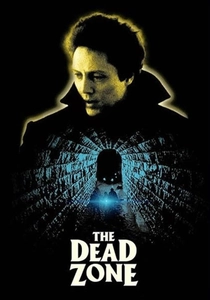
The Dead Zone (1983)
Description: While not an apocalypse in the traditional sense, this film explores the horror of a man who can see future disasters, including a potential end of the world, through his psychic visions.
Fact: Stephen King wrote the screenplay for this adaptation of his own novel, making it one of the few times he has done so.
 Watch Now
Watch Now
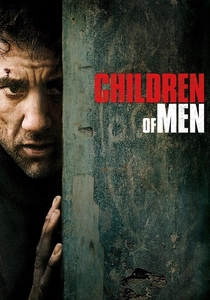
Children of Men (2006)
Description: In a world where humans can no longer reproduce, this film explores themes of hope, despair, and the human spirit through a gripping narrative of a man tasked with protecting the world's only pregnant woman.
Fact: The film features several long, uninterrupted takes, including a famous 6-minute shot, showcasing the director's technical prowess.
 Watch Now
Watch Now
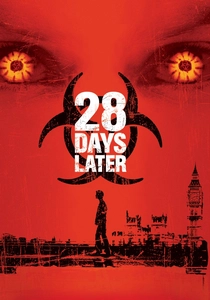
28 Days Later (2002)
Description: This film presents a chilling vision of a post-apocalyptic world where a virus has turned the population into rage-filled zombies. Its raw, gritty style and the concept of a fast-moving zombie apocalypse make it a standout in horror cinema.
Fact: The film was shot on digital video to give it a documentary feel, and the iconic scene of Jim waking up in an empty hospital was filmed in an actual abandoned hospital.
 Watch Now
Watch Now
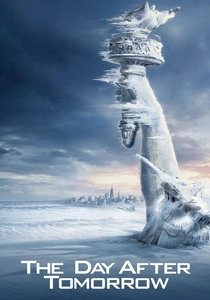
The Day After Tomorrow (2004)
Description: While not strictly a horror film, this disaster movie's depiction of a sudden global freeze and the ensuing chaos captures the terror of an apocalyptic event with a scientific twist.
Fact: The film was criticized for its scientific inaccuracies but praised for its visual effects and the portrayal of climate change's potential impact.
 Watch Now
Watch Now
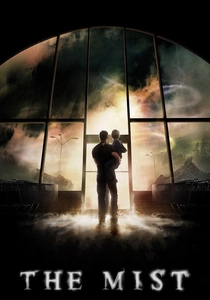
The Mist (2007)
Description: Stephen King's tale of a mysterious mist that envelops a small town, hiding monstrous creatures, provides a claustrophobic horror experience with a devastating twist ending.
Fact: The film's ending was changed from the novella, which was a controversial decision but praised by King himself for its impact.
 Watch Now
Watch Now
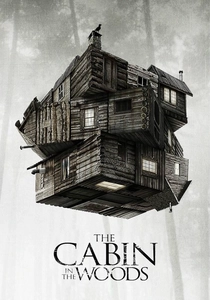
The Cabin in the Woods (2012)
Description: This meta-horror film subverts the genre by revealing a hidden conspiracy behind the typical horror tropes, leading to an apocalyptic climax that redefines horror storytelling.
Fact: The film was Joss Whedon's directorial debut, and it was initially shelved by MGM due to financial issues before being released.
 Watch Now
Watch Now
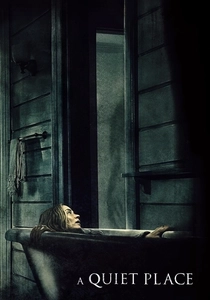
A Quiet Place (2018)
Description: In a world where noise attracts deadly creatures, this film's unique premise of silence as survival adds a new layer of tension and horror to the end-of-the-world scenario.
Fact: Emily Blunt was actually pregnant during filming, which added authenticity to her character's pregnancy in the movie.
 Watch Now
Watch Now
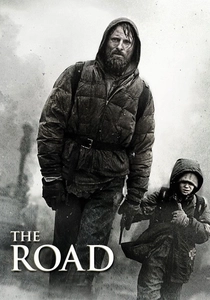
The Road (2009)
Description: Based on Cormac McCarthy's novel, this film offers a bleak, haunting look at a father and son's journey through a post-apocalyptic America, where survival is a daily struggle against starvation, cannibalism, and despair.
Fact: Viggo Mortensen lost significant weight for his role to portray the physical toll of the journey, and the film's ending was slightly altered from the book to provide a more hopeful note.
 30 Days Free
30 Days Free
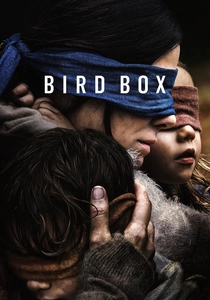
Bird Box (2018)
Description: This film's premise of an unseen force that drives people to suicide upon sight creates a unique horror experience, focusing on survival through sensory deprivation.
Fact: The film's title refers to the method used by survivors to navigate the world blindfolded, using birds to alert them to danger.
 30 Days Free
30 Days Free

